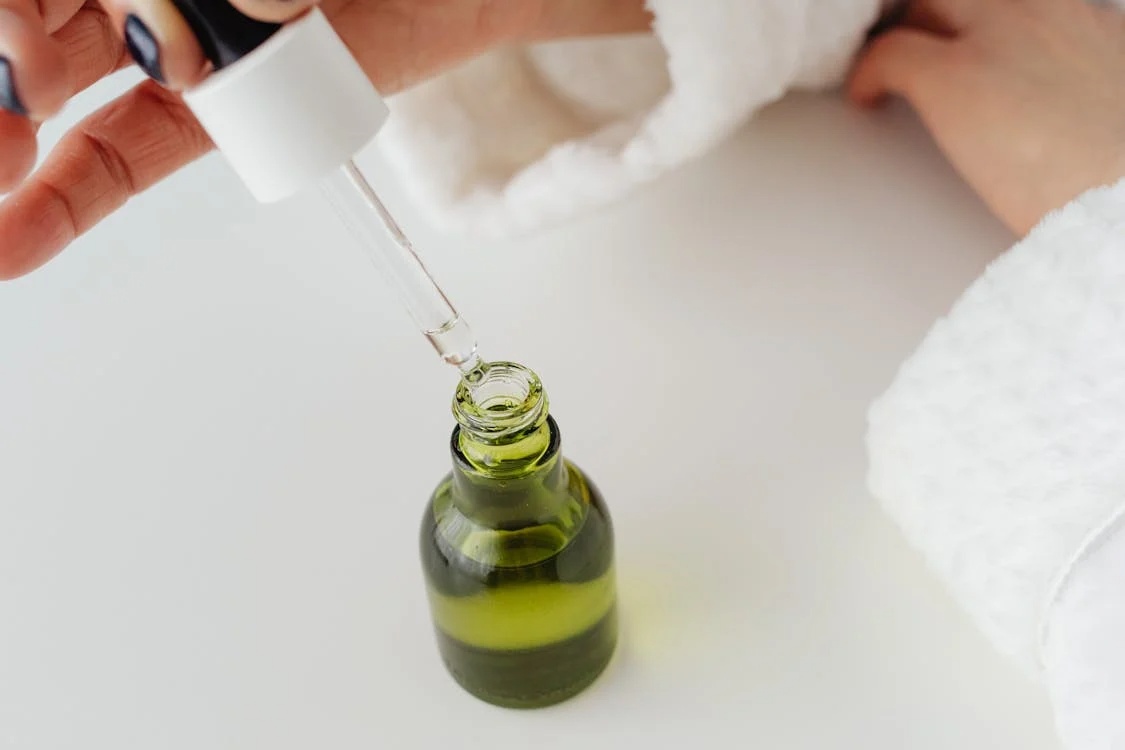Top 10 Peptides for Muscle Growth and Recovery
Peptides have gained significant attention in the fitness and bodybuilding communities for their potential to enhance muscle growth and recovery. These short chains of amino acids can influence various physiological processes, making them a popular choice for athletes and fitness enthusiasts. This article explores the What are peptides used for? Known for their benefits in muscle development and recovery.
1. BPC-157
BPC-157, derived from a protein found in the stomach, is renowned for its healing properties. It has been shown to accelerate the repair of muscles, tendons, and ligaments. Research indicates that BPC-157 can enhance the healing of muscle tears and improve recovery times, making it a favorite among athletes recovering from injuries.
2. TB-500
TB-500, a synthetic version of Thymosin Beta-4, is known for its ability to promote cell migration and repair. It plays a crucial role in muscle recovery by reducing inflammation and promoting tissue regeneration. Athletes often use TB-500 to speed up recovery from intense training sessions.
3. CJC-1295
CJC-1295 is a growth hormone-releasing hormone (GHRH) analog that stimulates the release of growth hormone. This peptide is popular for its ability to increase muscle mass and strength. Studies have shown that CJC-1295 can lead to significant improvements in muscle growth when combined with regular exercise.
4. Ipamorelin
Ipamorelin is a growth hormone secretagogue that stimulates the pituitary gland to release growth hormone. It is favored for its ability to promote lean muscle growth and enhance recovery without the side effects associated with other growth hormone stimulators. Users report improved sleep quality, which further aids recovery.
5. GHRP-6
GHRP-6 is another growth hormone-releasing peptide that boosts the body’s natural growth hormone production. It is known for its ability to increase appetite, making it beneficial for those looking to gain muscle mass. GHRP-6 also aids in recovery by promoting protein synthesis and reducing muscle breakdown.
6. PEG-MGF
PEG-MGF, or Pegylated Mechano Growth Factor, is a variant of IGF-1 that plays a role in muscle repair and growth. It is particularly effective after resistance training, as it helps activate satellite cells, leading to muscle hypertrophy. Athletes use PEG-MGF to enhance muscle recovery and growth post-workout.
7. Follistatin 344
Follistatin 344 is a peptide that inhibits myostatin, a protein that limits muscle growth. By blocking myostatin, Follistatin 344 allows for increased muscle mass and strength. Research has shown that this peptide can lead to significant muscle gains, making it popular among bodybuilders.
8. Hexarelin
Hexarelin is a potent growth hormone-releasing peptide that stimulates the release of growth hormone. It is known for its ability to increase muscle strength and promote recovery. Hexarelin also has cardioprotective properties, making it beneficial for overall health and fitness.
9. Sermorelin
Sermorelin is a GHRH analog that stimulates the pituitary gland to produce more growth hormone. It is used to enhance muscle growth, improve recovery, and increase energy levels. Sermorelin is often chosen for its ability to promote natural growth hormone production without the side effects of synthetic hormones.
10. IGF-1 LR3
IGF-1 LR3 is a long-acting analog of Insulin-like Growth Factor 1, which plays a significant role in muscle growth and repair. It enhances protein synthesis and promotes the growth of new muscle cells. Athletes use IGF-1 LR3 to improve muscle mass, strength, and recovery times.
Case Studies and Statistics
Several studies have highlighted the effectiveness of peptides in muscle growth and recovery. For instance, a study published in the Journal of Clinical Endocrinology & Metabolism found that CJC-1295 increased growth hormone levels by 200% in participants. Another study in the Journal of Applied Physiology demonstrated that IGF-1 LR3 significantly enhanced muscle hypertrophy in resistance-trained individuals.
- Athletes using BPC-157 reported a 50% reduction in recovery time from muscle injuries.
- TB-500 users experienced a 30% improvement in muscle repair and reduced inflammation.
- GHRP-6 increased appetite by 40%, aiding in muscle mass gain.
Conclusion
Peptides offer promising benefits for those seeking to enhance muscle growth and recovery. From BPC-157’s healing properties to IGF-1 LR3’s muscle-building capabilities, these peptides provide various advantages for athletes and fitness enthusiasts. While peptides can be a valuable addition to a fitness regimen, it’s important to approach their use with caution and consult with healthcare professionals to ensure safety and efficacy.
